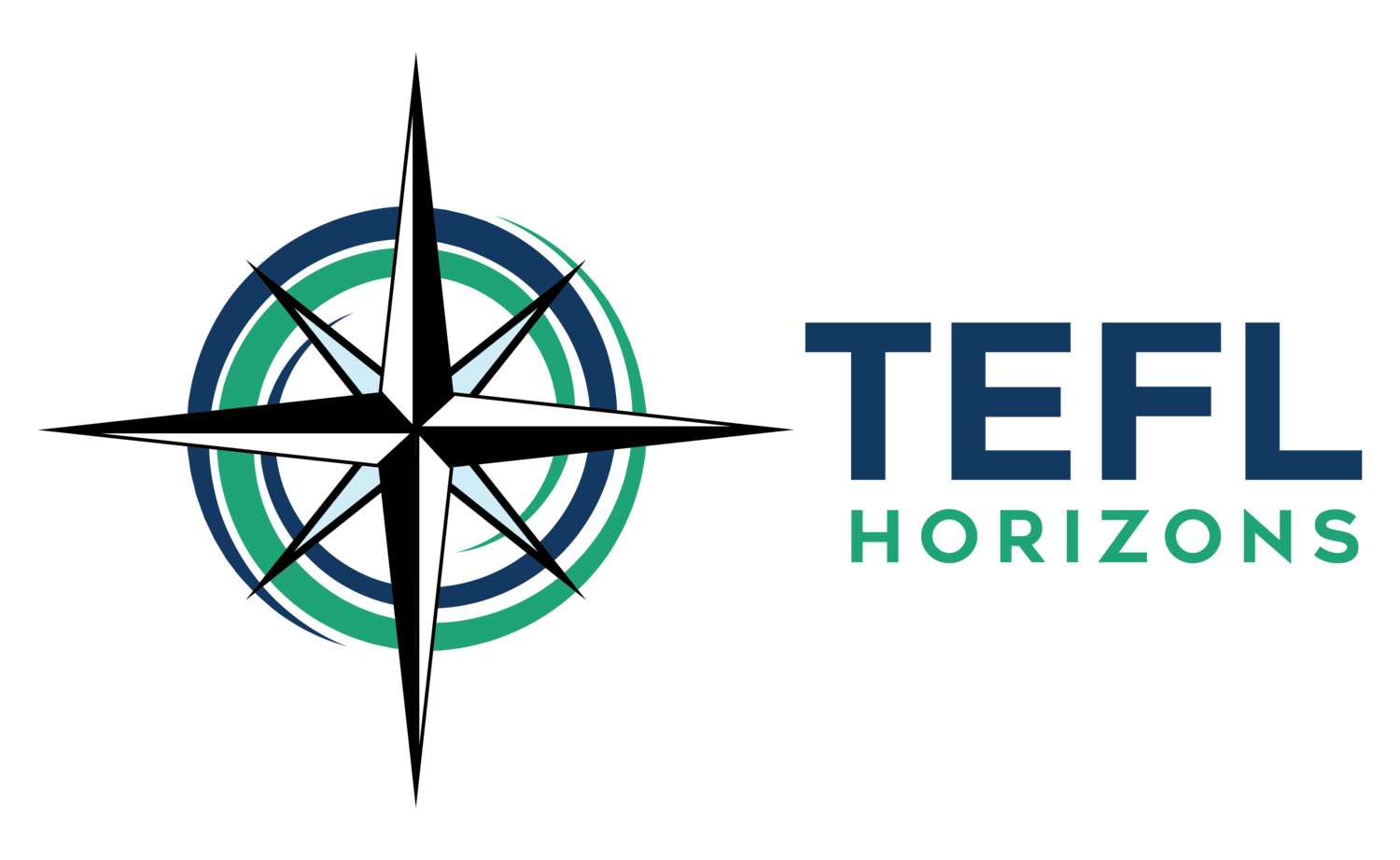How to Teach Reading: Developing Sub-Skills and Designing Tasks
Show Notes
This week, we're continuing on with the topic of how to effectively teach reading lessons. We're going into more depth on how to best help students develop their comprehension without feeling bored or overwhelmed. First we talk about three reading "sub-skills" and why the distinction between them matters. Then we go through specific tips for making your reading lesson successful, including how to manage pace, how to keep students motivated, and what to do when a debate breaks out over an answer.
In this Episode
We’re picking up where we left off in Episode 16 - give that one a listen if you haven’t already!
Why it’s important to help students with reading comprehension in the first place
Making sure the text is relevant to the learners
Making sure tasks are authentic
Reading sub-skills: different ways that we read
Skimming: reading quickly to get the main idea or gist of the text
Types of texts we might skim
Examples of skimming tasks
Why practicing skimming is helpful for students
Why skimming tasks require a short time limit
Scanning: moving quickly through a text to find specific pieces of information
Types of texts we might scan
Examples of scanning tasks
Where a scanning task might fit into a lesson
How to decide if a text lends itself to skimming or scanning tasks
Key differences between skimming and scanning
Reading for Detail: intensive reading for subtleties and depth
Where a detailed reading task might fit into a lesson
Examples of detailed reading tasks
The difference between detailed questions and specific information questions
Why the distinction between sub-skills matters and why students need practice with each of them
How using these reading techniques builds students’ confidence
General Tips for Reading Lessons
How to engage students in a text (even when you think they won’t be interested in it)
The importance of a lead-in in a reading lesson
“Context before content:” a good rule to remember
Using the task cycle in a reading lesson (review the task cycle in Episode 12)
“Task before text” - why you should set a task before you hand out the text and have students start reading
Why you don’t want to ask students extra questions during feedback
How to get the most out of feedback: asking students to justify their answers
Why students debating over answers is not a bad thing
Managing pace: how much time to give students on reading tasks
How to monitor effectively and what to look for as you do it
How to assign “fast finisher tasks” for readers who finish first
A hint at what we’ll talk about in upcoming episodes















